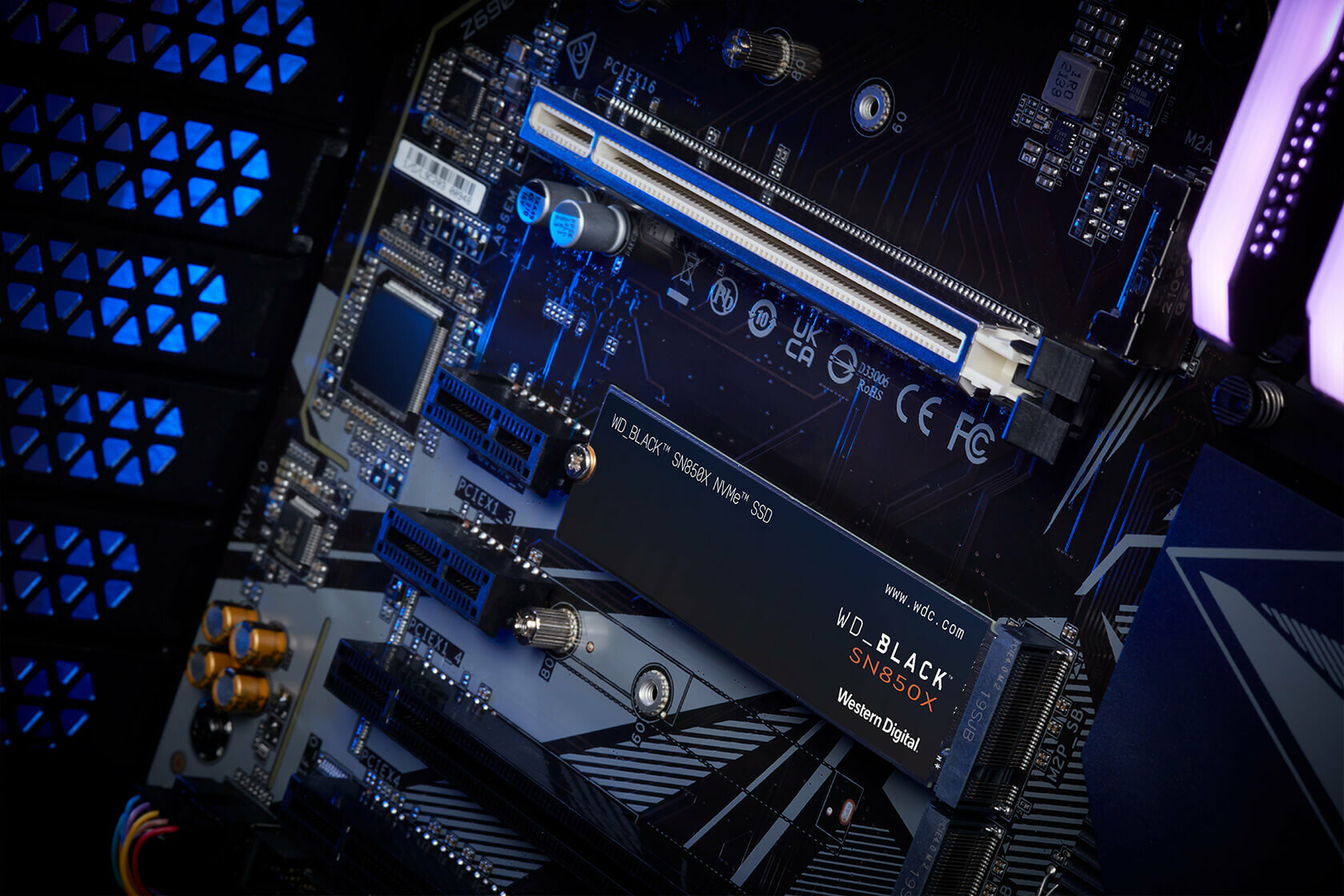Windows 11’s latest security update, KB5063878, is under scrutiny after multiple reports suggest it may be causing serious issues with SSDs and even HDDs. 
According to early testing by tech enthusiasts, drives can fail when subjected to large sequential writes – around 50GB or more. Once this happens, the OS may stop recognizing the SSD, and after a reboot, the partition often becomes inaccessible.
The issue first gained attention when an enthusiast known as @Necoru_cat noticed drive failures while updating Cyberpunk 2077 on a system patched with KB5063878. Their benchmarks revealed that drives equipped with certain Phison controllers appear especially vulnerable, though not all models are affected. Early lists point to drives such as the Corsair Force MP600 (Phison PS5012-E12), KIOXIA EXCERIA PLUS G4, Fikwot FN955, and SanDisk Extreme PRO M.2 NVMe 3D SSD as potentially at risk.
So far, neither Microsoft nor SSD makers have officially confirmed the bug, and public forums aren’t flooded with complaints yet, suggesting the problem isn’t widespread. Still, it’s a worrying scenario for anyone running high-capacity writes, especially gamers or professionals working with large files. Some speculate this could stem from a regression at the driver or kernel level, mishandling long sequential writes and ultimately locking up the controller. This makes the drive vanish from the system until a restart, where the partition is no longer accessible.
Interestingly, similar hiccups have been noticed with HDDs, so the phenomenon might not be isolated to SSD technology. Until an official fix arrives, users are advised to avoid extended sequential write tasks, particularly on affected models. While some dismiss the reports as exaggeration, the possibility of data loss is real enough that many are eyeing the update with caution – and even joking that it feels more like a ‘feature’ than a bug.
3 comments
last update blocked copying file paths of 12+ files, had to dig into control panel, total pain 🙄
its not a bug guys, its a *feature* 😂
linux never betray u, windows always breaks smth 😅